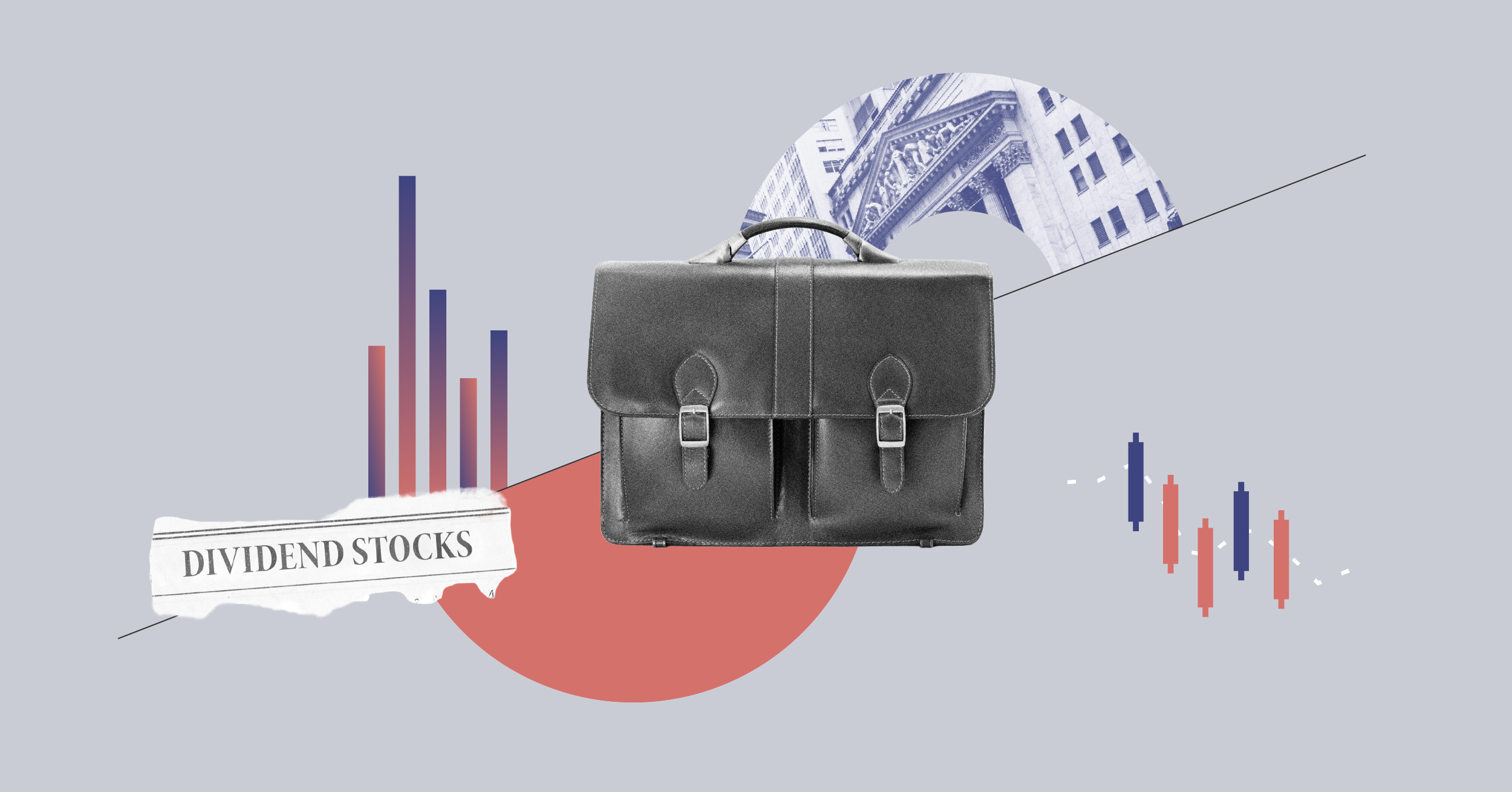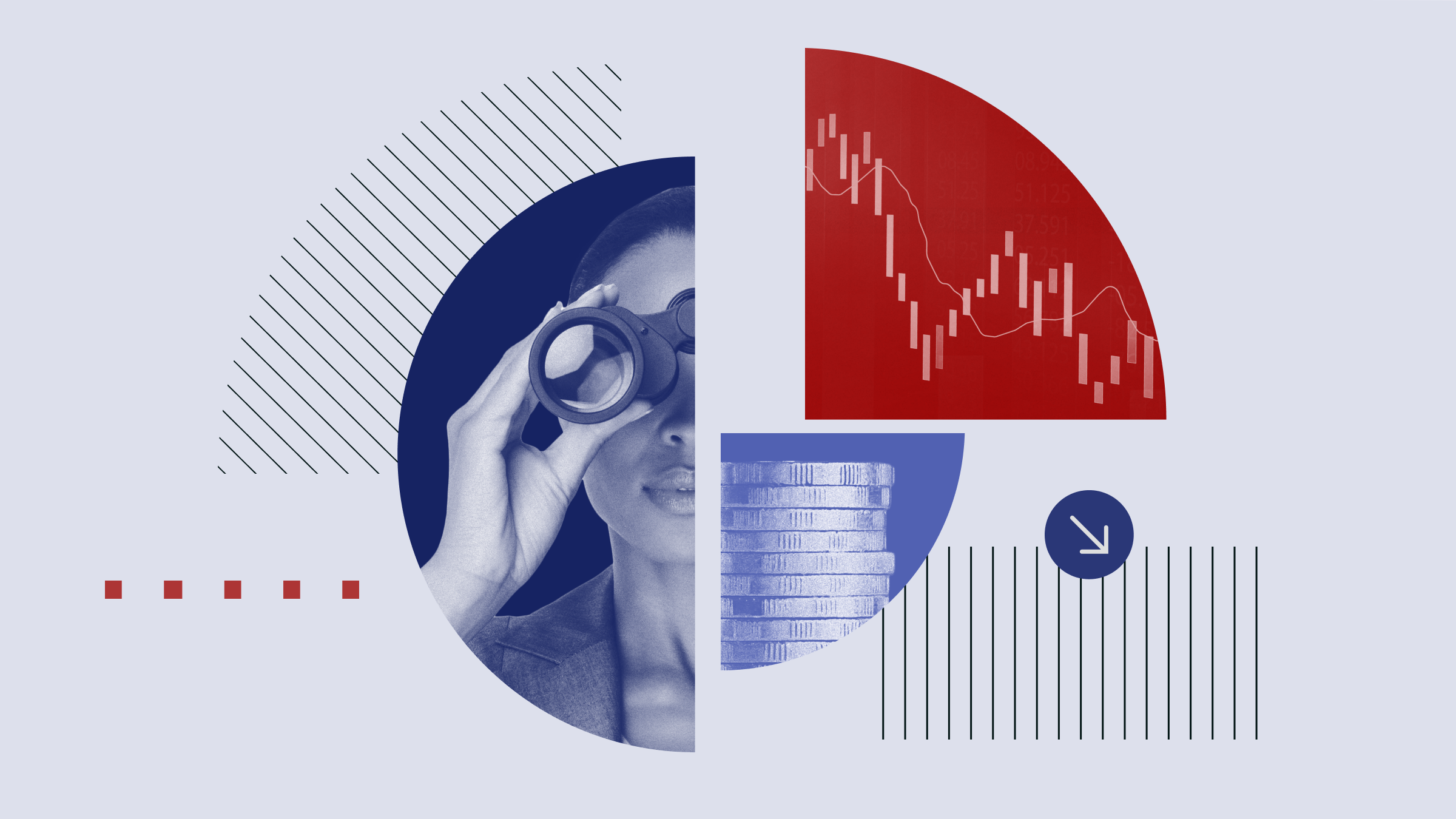Christopher Johnson: Granola, that tasty treat you had for breakfast or left in your child’s lunch box this morning, could also provide you with an irresistible return. Yes, you heard it correctly. The GRANOLAS socks, coined by Goldman Sachs in 2020, describes the group of Europe’s most valuable stocks:
• GSK (GSK)
• Roche (ROG)
• AstraZeneca (AZN)
• ASML (ASML)
• Nestle (NESN)
• Novartis (NOVN)
• Novo Nordisk (NOVO B)
• L’Oreal (OR)
• LVMH (MC)
• AstraZeneca (AZN)
• SAP (SAP)
• Sanofi (SAN)
While the US’ Magnificent Seven are all tech stocks, this European group sits across a range of sectors, and is home to global leaders in their respective fields, like Nestlé for food and LVMH for luxury products.
Novo Nordisk leads the pack with the highest cumulative return rate of 71.73% over one year to February 2024, over that same period its share price leapt 73.70% to its current price of £97.58. The Danish pharmaceutical group’s profits have been bolstered by growing demand for its diabetes treatment Ozempic and its weight-loss drug Wegovy. Last year, it reported a 36% jump in sales to $33.7 billion while profits reached heights of around $15 billion, which at the time left the company etching towards a whopping $500 billion market capitalisation.
However, we know that winners come hand in hand with losers, and the pharmaceutical company Roche, takes the crown as the worst performing stock in the GRANOLAS. Over the one year to February 2024, the stock’s return rate went below 0, reporting losses of 10.37%. Its share price also suffered a drop of 18% to its current price of £220.86 over that same period.
At the end of last year Roche finalised its acquisition of obesity drug developer Carmot Therapeutics for $3.1 billion, as it seeks to compete with companies like Novo Nordisk’s successful weight loss treatments. Roche is feeling an extra urgency to perform against rivals as the shadow of its failure to complete its Alzheimer’s drug looms over the business.
This is Christopher Johnson, for Morningstar UK.





























